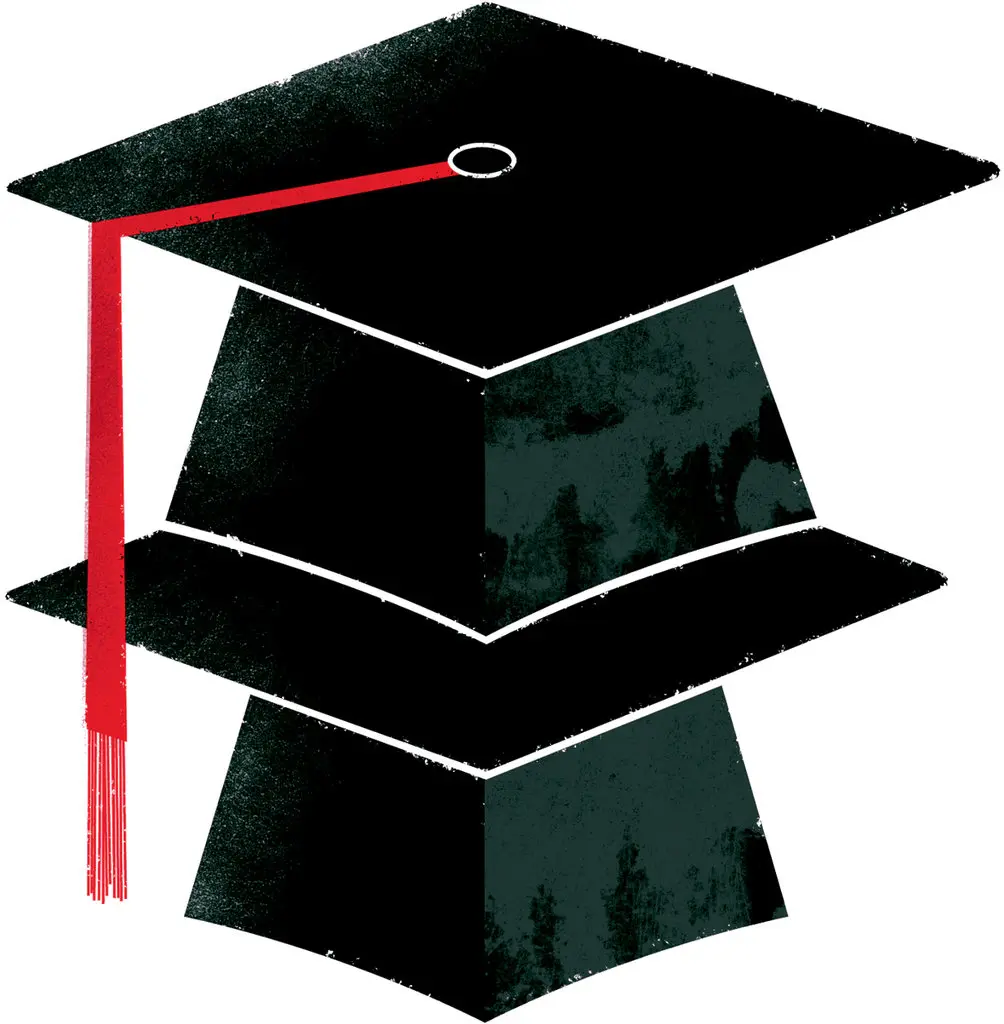
Introduction: The Changing Value of a Degree
For many Nigerians, earning a bachelor’s degree was once seen as a guaranteed ticket to success—a symbol of (often long) years of hard work and a promise of a bright, stable future. However, in today’s competitive job market, a degree alone no longer ensures financial stability or career advancement. With the increasing number of degree-holders and climbing education costs, many young students and graduates are forced to ask: in an era of education inflation, is a bachelor’s degree still enough to stand out?
Understanding Education Inflation
Education inflation refers to the gradual decline in the value of academic qualifications as more individuals obtain them. In Nigeria, this means that the bachelor’s degree is increasingly viewed as a basic entry requirement rather than a distinguishing achievement. Employers now expect graduates to offer more, be it additional skills, hands-on experience, or specialized training, beyond what traditional academic programs provide.
Why a Bachelor’s Degree May No Longer Work
1. Oversaturation of the Job Market:
Every year, a large number of Nigerian graduates enter the workforce, yet only 10–20% secure formal employment within their first two years after graduation (Punch Newspapers, 2024). This high level of competition forces employers to seek candidates who have additional qualifications or practical experience beyond the standard degree.
2. Evolving Industry Demands:
Modern industries require more than just theoretical knowledge. Today’s employers prioritize practical skills, digital literacy, and hands-on experience. Traditional degree programs, especially the out-of-date and low-impact versions taught in Nigeria with their emphasis on theory, are often unable to fully meet these evolving needs.
3. Rising Tuition Fees and Financial Pressure:
The financial burden of obtaining a degree has become increasingly steep. The cost of a four-year degree has risen by over 200% since 2015 (Nairametrics, 2024). This surge in education costs places significant pressure on students and their families, making it more necessary than ever that a degree translates into a worthwhile return on investment.
4. Shifting Employer Priorities:
Many employers are now more focused on demonstrable skills and real-world experience rather than on academic credentials. A job candidate’s ability to solve real, relevant problems and adapt to dynamic work environments often carries more weight than a degree alone.
Real-World Implications for Nigerian Graduates
For many young Nigerians, the reality is that a bachelor’s degree no longer opens all the doors it once did long ago. The consequences of education inflation show up in several ways:
- Stalled Career Progression:
When they do find roles, graduates often find themselves stuck in entry-level positions with limited opportunities for advancement. Employers increasingly require additional certifications or specialised training before considering candidates for higher roles.
- The Need for Continuous Learning:
In such a rapidly changing job market, education is no longer a one-time investment. Graduates are turning to short courses, online certifications, and vocational training to continuously upgrade their skills and remain competitive and relevant.
- Pressure to Differentiate:
With a first degree becoming the baseline, standing out requires more than academic achievement. Graduates must invest in practical experience, build strong professional networks, and pursue continuous skill development to distinguish themselves from the competition.
Beyond the Degree: Pathways to Success
If a bachelor’s degree is no longer enough on its own, what can graduates do to enhance their employability? Here are some actionable strategies:
1. Pursue Specialized Certifications:
Supplement your degree with industry-specific certifications. Whether you’re in tech, business, or the creative arts, targeted courses can provide the practical expertise that employers are looking for.
2. Gain Practical Experience:
Look for internships, part-time roles, or volunteer opportunities that offer hands-on experience. Even if these roles are temporary or unpaid, they provide invaluable real-world exposure that can bridge the gap between academic theory and practice.
3. Embrace Lifelong Learning:
Adopt a mindset of continuous growth. Engage with online platforms, attend workshops, and participate in training programs to keep your skills relevant in an ever-evolving job market.
4. Network Actively:
Build and maintain professional relationships through alumni groups, industry events, and mentorship programs. A robust professional network can open doors to opportunities that a degree alone might not provide.
5. Consider Alternative Educational Paths:
Explore vocational training, open and distance learning, apprenticeships, or other non-traditional education routes that focus on practical, job-ready skills. These alternatives can sometimes offer a faster and more direct pathway to employment.
Conclusion: Redefining Success
The phenomenon of education inflation insists that we rethink the role of a bachelor’s degree in today’s economy. While earning a degree remains a necessary baseline, it is increasingly just one step on a long road. To truly stand out in a crowded job market, graduates must combine formal education with practical skills, continuous learning, and strategic networking.
For Nigerian graduates striving to bridge the gap between academic achievements and career success, platforms like MentorMe Nigeria offer valuable guidance and resources. By embracing lifelong learning and investing in personal development, you can transform your degree from a mere credential into a powerful foundation for a successful career.
Your journey doesn’t end at graduation; it’s only the beginning. In an era where the value of a degree is continuously evolving, it’s up to you to keep growing, learning, and finding innovative ways to shine.
References:
- Punch Newspapers. (2024). Rising graduate unemployment in Nigeria.
- Nairametrics. (2024, August 17). I can’t afford this anymore: Nigerian parents on the struggle with rising school fees.
Written by Ruby Olubodun.
